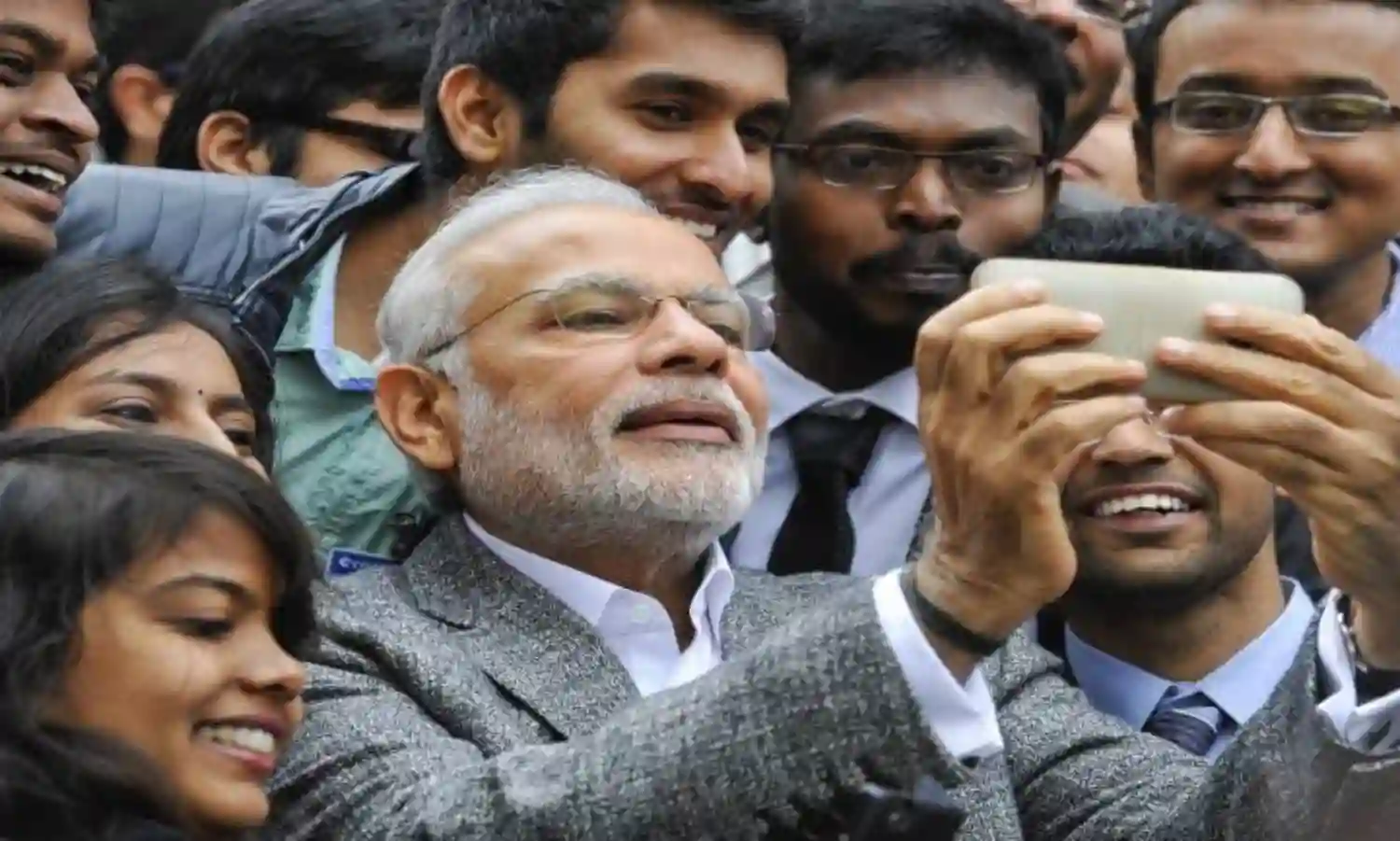Modi Urbi et Orbi - How the PM Speaks to his Voters and the World
A calculated shedding of political virtue
Among the Romans of yore, gravitas, meaning seriousness or solemnity of manner; pietas, meaning the respect due to an ancestor, country or institution; dignitas, roughly translating to dignity, charisma or respect; and virtus, thought to share origins with the Sanskrit-Prakrit vir and carrying connotations of valour, manliness, excellence, courage, character, and worth, were virtues particularly appreciated in leaders. They remain so, appreciated by voters across the world.
Over the past five years, not in small measure because of the standard practiced by the Prime Minister of India himself, gravitas has taken a back seat, probably by design, in the pursuit of an agenda only he can explain. Narendra Modi, in violation of the solemnity of the office he holds, has single-handedly lowered the standard of public political discourse, to the level of a street shouting match, by legitimising direct and indirect abuse as acceptable political exchange.
A shocking aspect of the social environment he has created with his unfortunate personal example, is the acceptance of this low standard of discourse by the constituency he addresses, the BJP voter.
Suddenly, as if on cue, language so far unheard of in public discourse, has become mainstream, with BJP members, supporters and leaders freely dispensing personal abuse, communal slurs and even criminal incitement and intimidation, from public pulpits and platforms.
The collateral damage resulting from this change in discourse, is a much encouraged BJP leadership, and an intimidated citizenry that seems scarcely to believe what it is hearing. It is seemingly knocked out, with the violence that’s been injected into everyday conversation, and finds itself incapable of resisting its onslaught.
A shake of the head, by way of a lament, is all that most citizens can express, thus allowing the lumpen to raise the bar of uncivilised public behaviour, almost by the day, content in the knowledge that it has the tacit consent and acceptance of their political leaders.
The unedifying spectacle of a prime ministerial candidate of the world’s largest democracy, using the phrase ‘kutte ka baccha gaadi ke pahiyon mein aa jaye’ (as if the son of a dog has come under the car’s wheels) to describe how he felt when thousands of Gujarati Muslims were killed in the 2002 pogrom, is so fresh an intellectual and moral trauma upon the body of our nation that it won’t be easy to heal in our collective memory, for a long time.
The fact that this one phrase also contributed to the legitimising and mainstreaming of communal abuse as part of everyday discourse for the BJP voter, is a civilisational wound that India will take ages to recover from.
The prime minister’s apparent belief, that there exists a constituency that would appreciate such a low level of discourse, and for him to consciously promote and encourage such a constituency, is an unfortunate comment on his personality that in other circumstances we could ignore, but cannot when it comes to weigh on the actions of this head of state, a feature of his public personality intended to cloud goodwill among citizens of the nation, all of whom he is supposed to represent, as equals.
The constant carping about MK Gandhi, Jawaharlal Nehru and other past leaders who are held in high esteem by the overwhelming majority of Indians; the complete disregard for institutions of governance, the cavalier manner of appointments to constitutional and other important posts; the treatment of History as personal opinion rather than a scientific academic pursuit, has violated the virtue of pieta, expected of a leader, on countless occasions.
The sustained onslaughts on everything and anything Indians hold dear - the founders of the nation, the Indian Constitution, Parliament itself - has caused a social angst unparalleled in our nation’s history. There is a sense of dread, the anxiety of an impending doom and an air of hopelessness, resulting from this disrespect for ancestral and national achievement.
Nations at war with themselves, and with the idea of their nationhood, cannot move forward.
Dignitas involves inspiring leadership, the charisma of dignity, which is always egalitarian, inclusive and uplifting, and which can make groups, societies and nations achieve seemingly impossible goals. Uninspiring and demotivating leadership, on the other hand, especially one predicated on creating division, can engender cynicism, hopelessness and destructive social schisms.
We are watching such a vision eating into polite social discourse and withering away our creative life-force.
Virtus embodies what were once considered ‘kingly’ virtues, those to be expected of a leader, whether man or woman, whether leading a platoon or a nation. Habitually lying to the nation; abandoning a wife and attempting to hide her existence even on sworn affidavits; trying to foist patently fake educational degrees for oneself, upon the nation; knowing full well that demonetisation was an unmitigated disaster, but still defending the indefensible instead of apologising and making amends; lying to soldiers even while riding their shoulders, seeking votes; legislating blatantly criminal laws to obtain financial relief and benefits, regardless of the cost, are all antitheses of the virtues embodied by the ancient Roman notion of virtus.
It is a wonder how, twenty centuries ago, ancient civilisations were able to propose universal virtues expected of national leadership which, unlike religions, are resplendent in their original appeal even today. It is the violation of these objective and immutable values that is creating unprecedented upheaval in our national life, that we are witnessing today and which will hopefully be resolved by our ancient civilisation, a beginning made, just a month from now...
Till then, every citizen wishing for change can only hope, that the values held dear twenty centuries ago are still considered relevant today, by a voting majority.
Rajiv Tyagi is an erstwhile IAF Mig-21 fighter pilot and a social media commentator.





